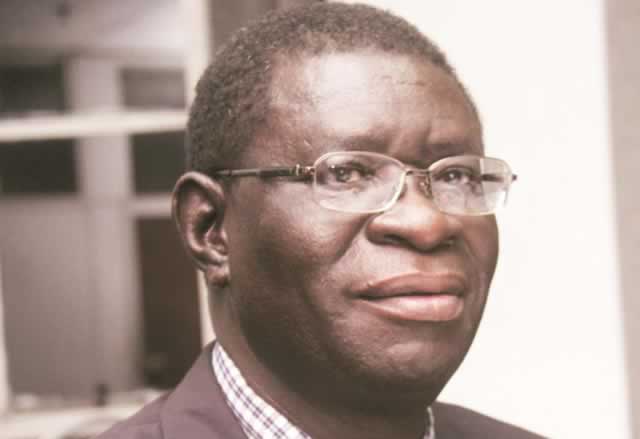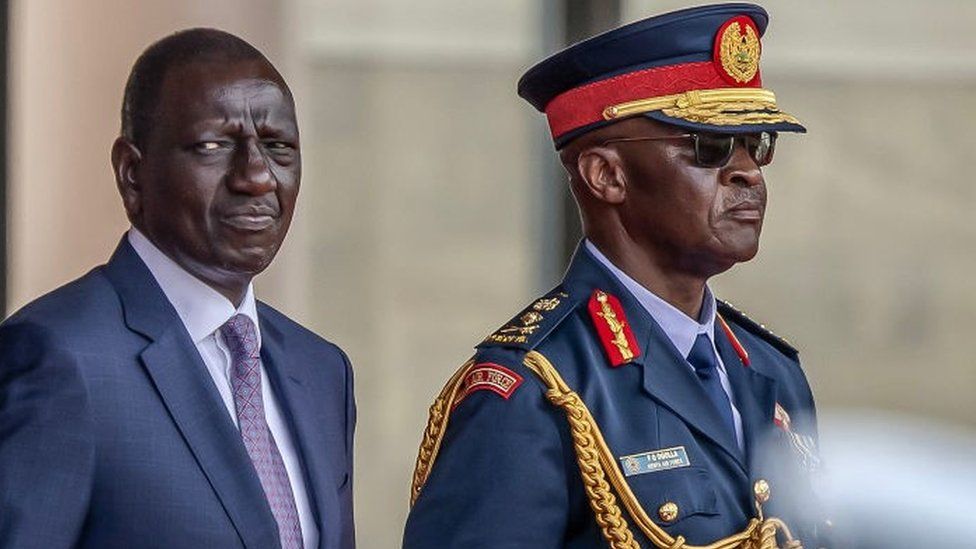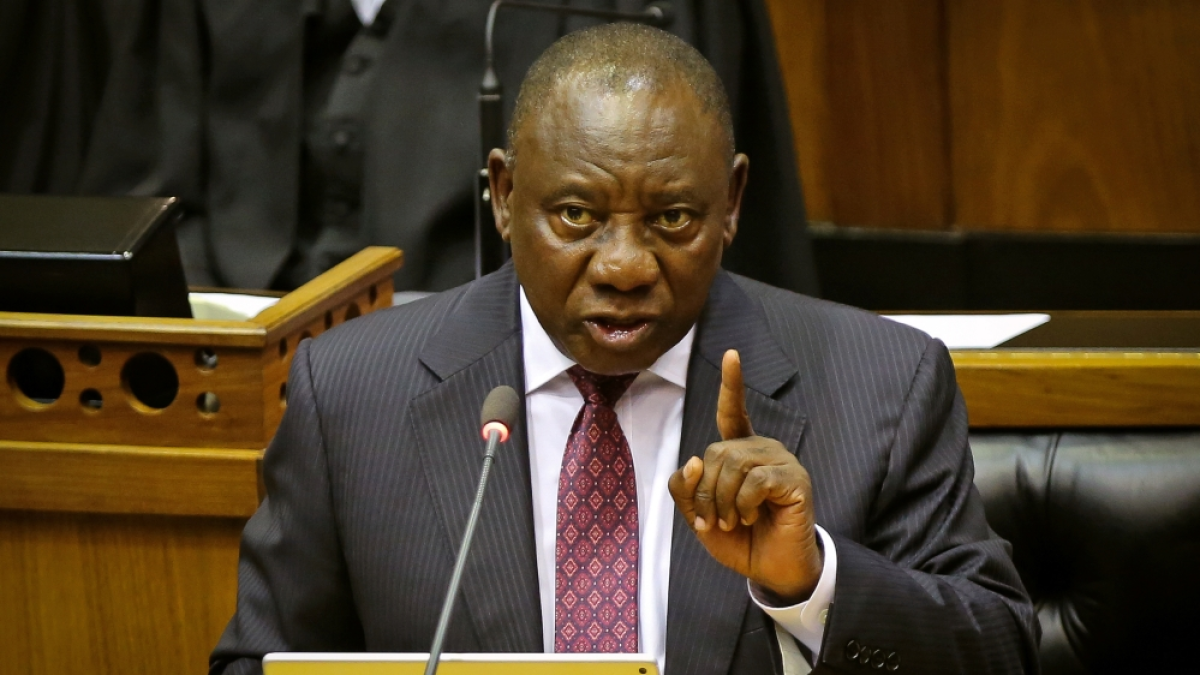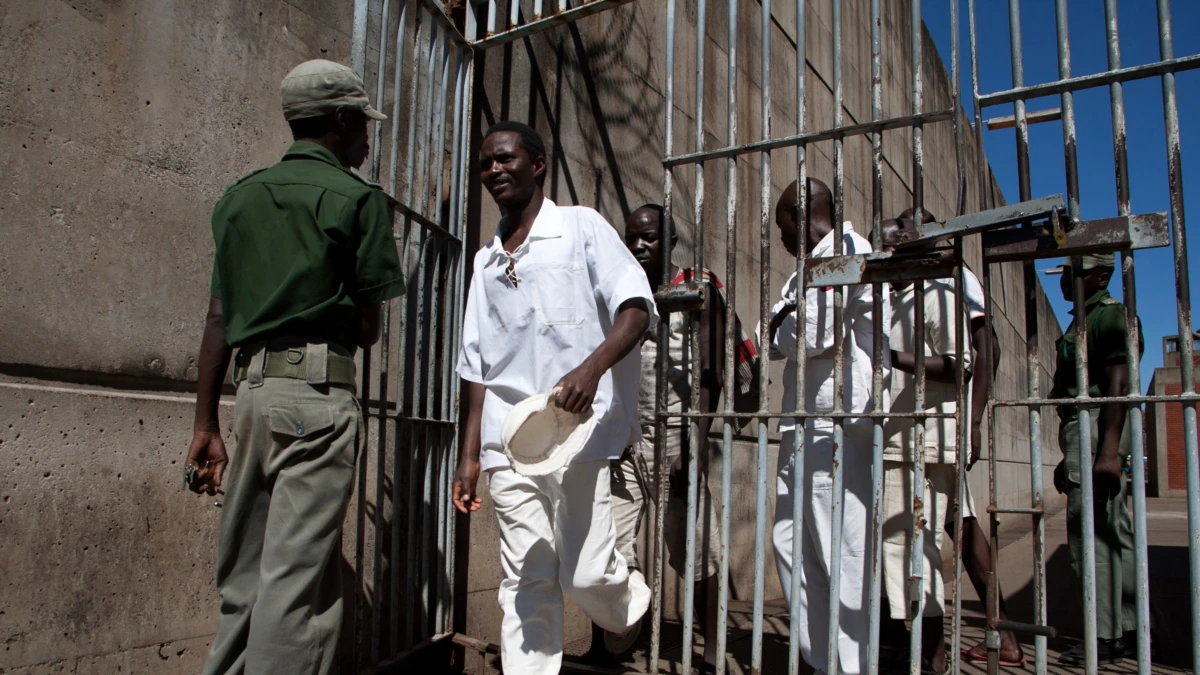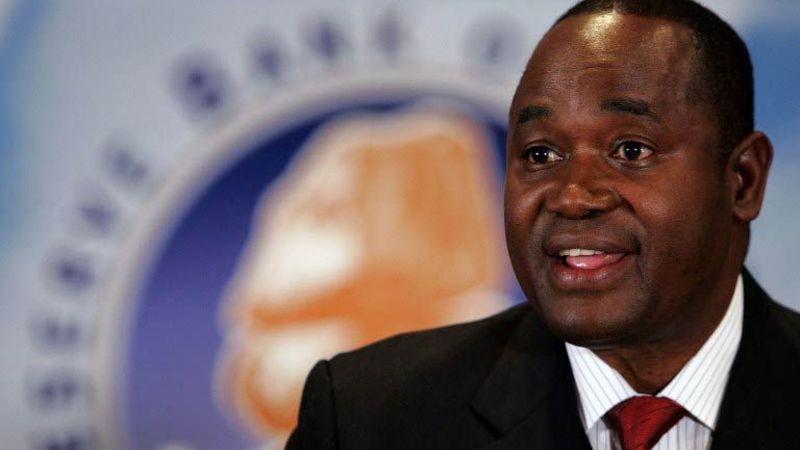HARARE – A country-marketing slogan that says ‘Zimbabwe is open for business’ by President Emmerson Mnangagwa must be matched by law reforms to boost investor confidence, MPs said on Monday.
Lawmakers from the Parliamentary Portfolio Committee on Mines and Energy said the Reconstruction Act, a controversial law that allows the government to take over enterprises that are “state indebted”, was unconstitutional.
Temba Mliswa (Norton, Independent), the chairman of the committee, told Attorney General Prince Machaya that the law violated property rights provisions in the constitution.
“If you really look at it, the slogan ‘Zimbabwe is open for business’ is deceptive. Anybody who registers a company in this country and becomes a shareholder can just wake up tomorrow and their company is under reconstruction,” Mliswa said during a hearing over Hwange Colliery, which was recently placed under a reconstruction order by Justice Minister Ziyambi Ziyambi.
Mliswa added: “Section 71 of the constitution talks about property rights. Have you not violated this supreme section of the constitution?”
The Attorney General, under section 114 of the constitution, is called upon to “promote, protect and uphold the rule of law and to defend the public interest,” and MPs felt Machaya was failing in his duty by not advising the government that the law under which the reconstruction orders were being issued was likely unconstitutional.
Machaya did not offer an opinion about the much-criticised law, but told the committee: “This is an Act which is in our statute books; which is available to any investor to be to peruse. Investors make their investment subject to the laws of the country.”
Machaya insisted that “no person has been divested of their property by virtue of an order of reconstruction,” which was challenged by Anele Ndebele (Magwegwe, MDC).
Ndebele told Machaya that whereas the reconstruction law did not provide for company seizures, the government’s track record indicated otherwise.
“The culture or practice is that immediately, and with absolutely no explanation, those companies end up belonging to the government,” Ndebele said.
“When we were in Bulawayo a week ago, the Minister of Finance listed 17 companies subject to privatisation and among those are two companies I know clearly belong to Shabanie Mashaba Mines (SMM) and these are up for privatisation under ZMDC.
“For me as a Member of Parliament, the perception is that once under reconstruction, the company belongs to the government which can do as it pleases. Is this a good law, particularly if you refer to the going mantra that ‘Zimbabwe is open for business’? Should this piece of legislation really exist outside the ambit of the Companies Act?”
Meanwhile, the MPs criticised the Attorney General for failing to consult Hwange’s board, workers and shareholders before the decision to put the company under reconstruction.
The MPs believe the move was calculated to scuttle a forensic audit which was due to conclude in January, which would have exposed a powerful cartel in corrupt deals.
Mines Minister Winston Chitando has been described as a willing enabler of the cartel led by Shepherd Tundiya and his brother Wilfred, whose separate companies are contracted to transport coal at the mine.
Chitando, a former Hwange board chairman, appeared alongside Machaya before the committee. He maintained that he had nothing to hide.
The committee heard that at the time the reconstruction order was issued, Hwange owed the government $180 million.
But the MPs said the money was payable in 15 years’ time after it was converted into debentures, arguing there was no urgent need for the government to intervene and appoint an administrator while dissolving the board.
“The information I got was that it was urgent to place the company under an order of reconstruction. I acted on the information provided to me by the Minister of Justice which he obtained from the Minister of Mines,” Machaya said.
His understanding of the urgency was that one of Hwange’s creditors may have been intending to go to court and seek an order to place the company under judicial management, Machaya said, although no evidence was put forward.
Meanwhile, Machaya told the committee that they had no power to summon the Hwange administrator Bekithemba Moyo because Hwange is a private company.
The MPs had argued that because Hwange, which is part-owned by the government, has received tax-payer money in advances from the Zimbabwe Power Company, then they had an obligation to “follow the money”.
Machaya said: “Parliament can only carry out its oversight role in terms of the mandate it’s granted in the constitution. You (Dexter Nduna, Chegutu West) asked earlier whether there’s a lacuna in the constitution which then stops parliament pursuing wherever government revenue has gone, notwithstanding that it’s not a government-controlled entity.
“In section 299 of the constitution, an additional power would have to be inserted to give parliament the right to follow government revenues wherever they have been invested. That is my view.”
